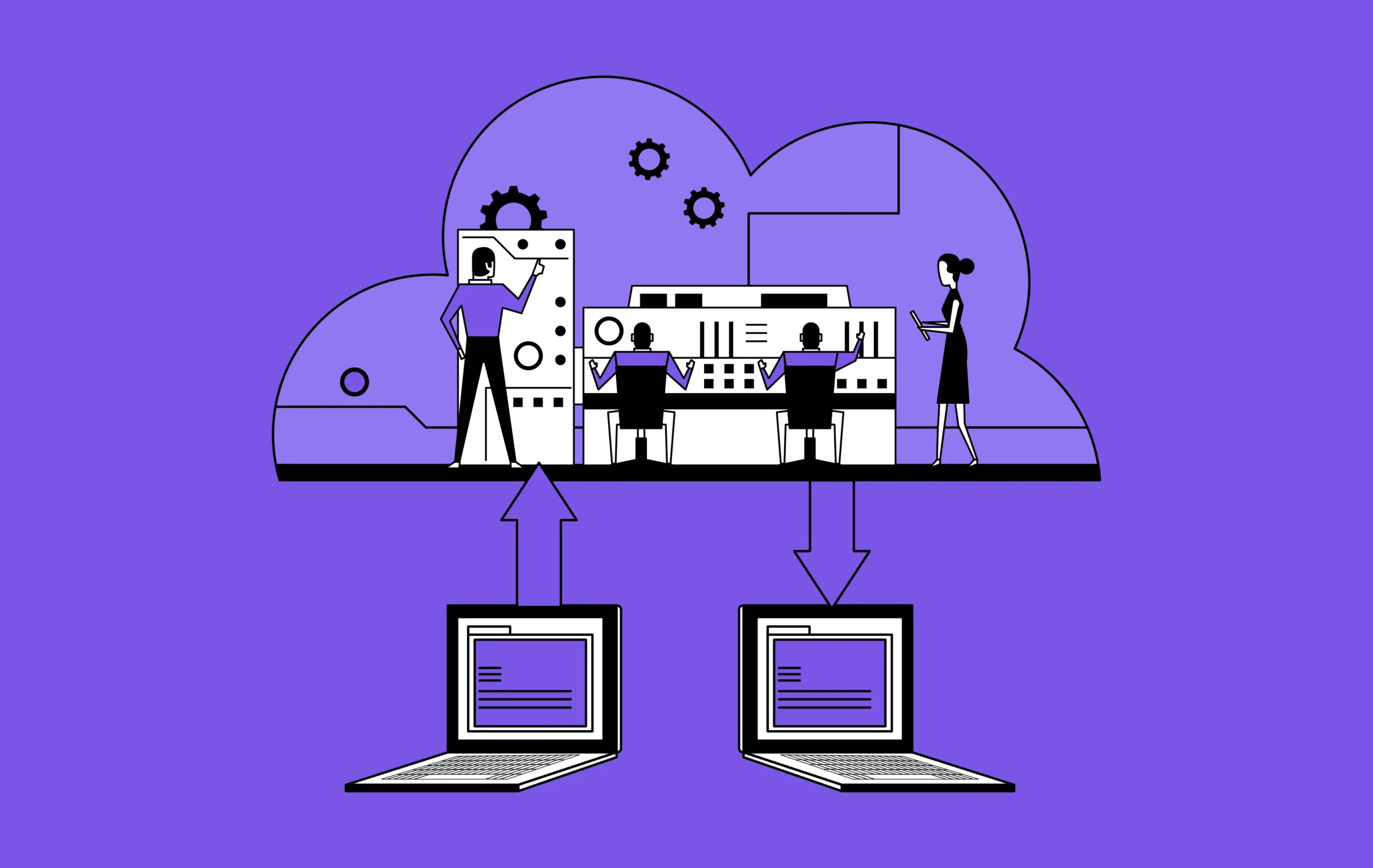- Key Components of Cloud Computing in Oil and Gas
- Benefits of Cloud Computing in the Oil and Gas Industry
- Advanced Data Analytics and Insights
- Enhanced Computational Power for Simulation and Modeling
- Advanced Security and Compliance Management
- Optimized Resource Management and Cost Control
- Integration with Emerging Technologies
- Top Use Cases of Cloud Computing in Oil and Gas Industry
- Real-Time Reservoir Modeling
- Predictive Equipment Maintenance
- Enhanced Environmental Monitoring
- Supply Chain Optimization
- Collaborative Remote Operations
- Real Examples of Oil and Gas Companies Leveraging Cloud Computing in Their Operations
- Navigating Challenges and Solutions in Cloud Computing for Oil and Gas
- Future Trends and Emerging Tech in Cloud Computing for Oil and Gas
- Maximize Your Oil Business Potential with Appinventiv's Cloud Computing Solutions
- FAQs
In an industry where the pressure of data is as intense as the pressure in the deep sea, oil and gas companies grapple with managing enormous volumes of information, streamlining operations, and controlling costs. Traditional systems often buckle under the weight of this data deluge, leading to fragmented processes, operational inefficiencies, and hefty capital expenditures on IT infrastructure. The quest for solutions that address these challenges has led to a groundbreaking development: cloud computing.
Cloud computing in the oil and gas industry emerges as a transformative force, tackling these pain points head-on. By offering scalable storage and computing power, cloud computing enables the efficient management of massive datasets, providing real-time insights that drive better decision-making.
As per the report of Google Cloud, over 41% of global tech and business leaders are planning to boost their investment in cloud-based services and products in response to the current economic conditions. This insight presents significant opportunities for businesses to capitalize on the growing demand for cloud solutions.
Integration of disparate applications into a unified cloud platform streamlines workflows and enhances collaboration across diverse teams and locations. Moreover, the ability to monitor and control operations remotely reduces the need for on-site presence, cutting down on downtime and associated costs.
Let’s delve into the multifaceted role that cloud computing in oil and gas plays, serving as a powerful enabler of operational efficiency, data management, and real-time decision-making across complex and geographically dispersed environments.
Key Components of Cloud Computing in Oil and Gas
Cloud computing is revolutionizing the oil and gas industry by turning vast data into actionable insights that fuel innovation. It enables seamless collaboration across global teams, driving smarter decisions in real-time and optimizing operations from exploration to production. With advanced analytics at its core, cloud technology is not just enhancing efficiency—it’s fundamentally changing how the industry operates, pushing the boundaries of what’s possible in energy exploration and management.
Cloud computing is built on several key components that work together to deliver scalable, flexible, and efficient computing resources. Here’s a breakdown of its main components:
Compute Services (IaaS): At the core of cloud computing, compute services provide virtual machines and processing power on demand. These services are the backbone of cloud infrastructure, enabling users to run applications, manage workloads, and scale resources efficiently. Examples include AWS EC2, Google Compute Engine, and Microsoft Azure Virtual Machines.
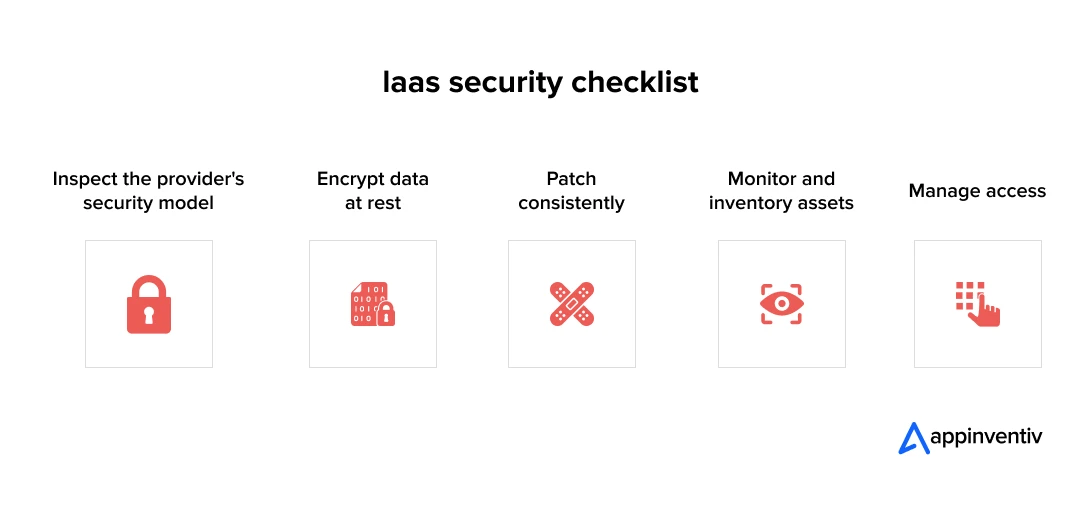
Storage Services: Cloud storage offers scalable, durable, and highly available data storage solutions. It allows businesses to store and retrieve data from anywhere, with redundancy across multiple geographic locations to ensure data integrity and availability. Key services include AWS S3, Google Cloud Storage, and Azure Blob Storage.
Networking: Cloud networking underpins the connectivity and communication within cloud environments. It includes virtual networks, load balancers, and Content Delivery Networks (CDNs) that optimize the delivery of data and applications globally, ensuring low latency and high availability. Networking services are essential for the integration of cloud resources and the efficient distribution of content.
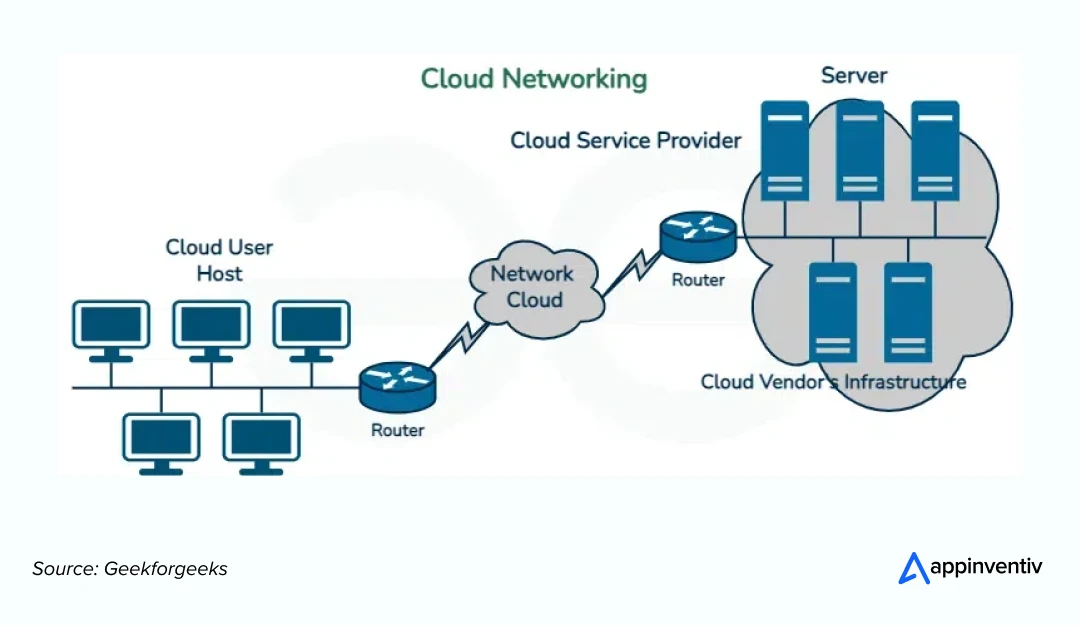
Platform as a Service (PaaS): PaaS provides a comprehensive environment for developers to build, deploy, and manage applications without worrying about the underlying infrastructure. This pillar includes development tools, middleware, and database management systems, enabling rapid application development and deployment. Examples include Google App Engine and Azure App Service.
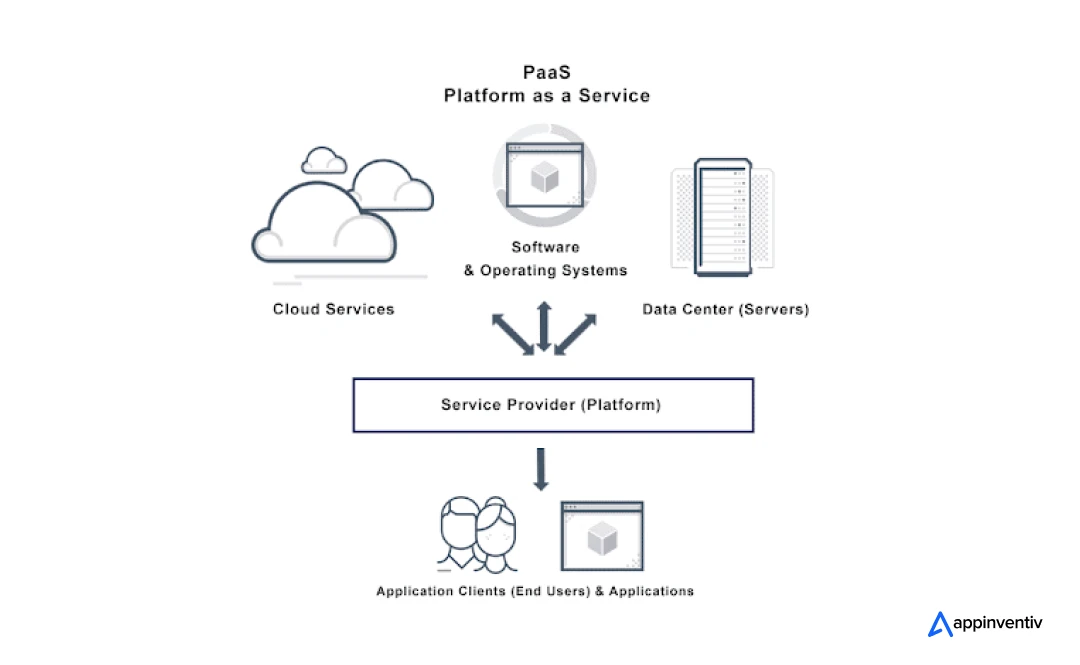
Security and Compliance: Security in the cloud is paramount, encompassing a wide array of tools and practices such as encryption, identity and access management (IAM), and network security protocols. Compliance with industry standards and regulations ensures that cloud environments meet necessary legal and organizational requirements, safeguarding sensitive data and maintaining trust.
These five pillars form the foundation of cloud computing, driving its ability to deliver scalable, secure, and highly available services to organizations worldwide.
Benefits of Cloud Computing in the Oil and Gas Industry
The importance of cloud computing in the oil and gas industry lies in its ability to enhance data management, streamline operations, and drive innovation through scalable and flexible technology solutions. Let’s explore how cloud computing is reshaping the oil and gas sector, uncovering its numerous benefits and the transformative opportunities it presents in this rapidly evolving industry.
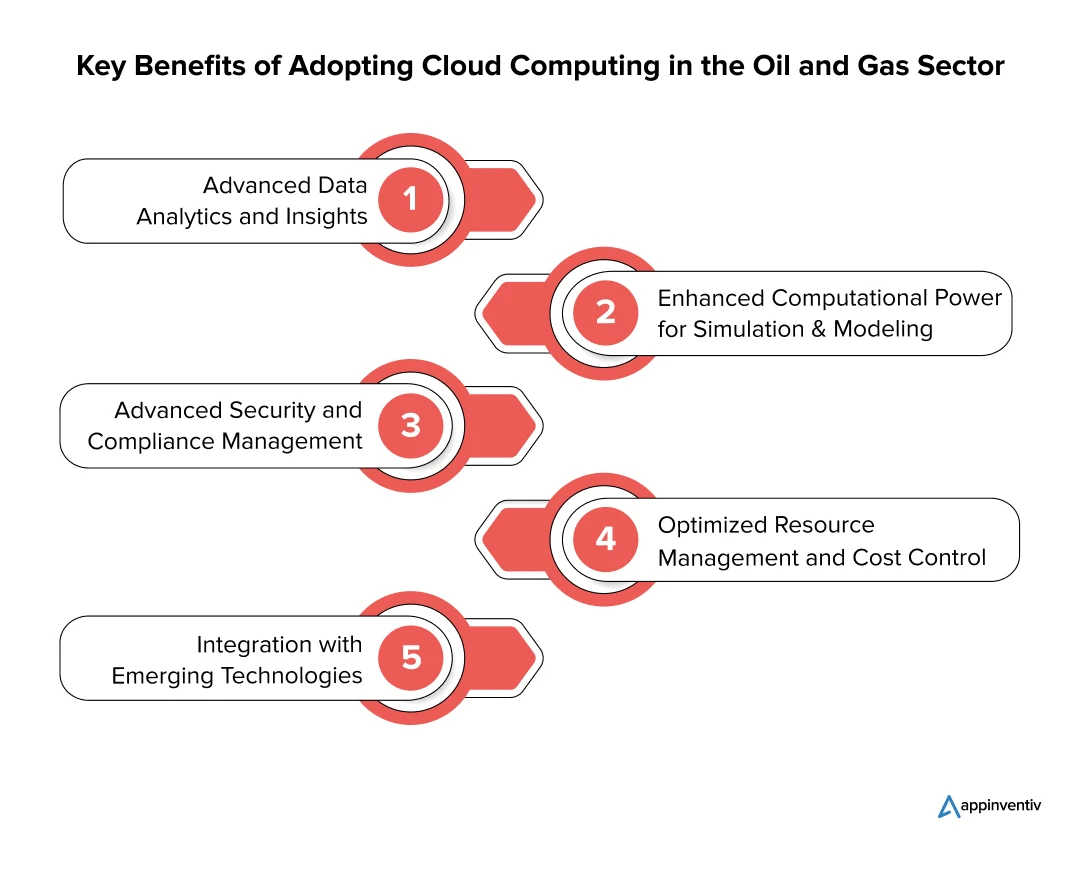
Advanced Data Analytics and Insights
Oil and gas cloud solutions enable sophisticated data analytics and insights that are critical for the sector. By leveraging the cloud’s computational power and storage capabilities, companies can perform complex data analysis at scale. This includes:
- Real-Time Data Processing: The cloud supports real-time processing of data from various sources, such as sensors and IoT devices in drilling operations. This real-time capability helps monitor and optimize drilling performance, detect anomalies, and respond swiftly to operational issues.
- Predictive Analytics: With access to vast amounts of historical and real-time data, cloud-based analytics platforms can deploy machine learning algorithms to forecast equipment failures, predict reservoir behavior, and optimize production schedules. This predictive capability reduces downtime and enhances decision-making.
- Geospatial Data Analysis: Cloud computing in the oil and gas industry provides powerful tools for analyzing geospatial data, which is essential for exploration and production activities. Advanced GIS (Geographic Information Systems) and remote sensing technologies can be utilized to create detailed maps, analyze geological formations, and plan drilling operations more effectively.

Enhanced Computational Power for Simulation and Modeling
The oil and gas industry relies heavily on simulation and modeling for reservoir management, seismic analysis, and engineering design. Cloud computing offers significant advantages in this area:
- High-Performance Computing (HPC): The cloud provides access to HPC resources that can handle complex simulations and models, such as reservoir simulations and seismic data processing. These resources are scalable, allowing companies to run large-scale simulations without investing in on-premises hardware.
- Elastic Resource Allocation: Cloud platforms offer elastic resource allocation, enabling users to dynamically allocate computational resources as needed. This flexibility is particularly beneficial for running intensive simulations during peak periods, such as exploration campaigns or large-scale production planning.
- Collaborative Modeling: Cloud-based modeling tools allow for collaborative development and refinement of models. Teams from different locations can work together in real-time, integrating various data sources and refining models more efficiently.
Advanced Security and Compliance Management
Security and compliance are critical concerns in the oil and gas industry, given the sensitive nature of the data and regulatory requirements. Cloud computing enhances security and compliance management through:
- Advanced Encryption Techniques: Cloud providers implement robust encryption protocols for data at rest and in transit. This ensures that sensitive information, such as proprietary exploration data and operational details, is protected against unauthorized access and cyber threats.
- Comprehensive Security Frameworks: Leading cloud platforms offer comprehensive security frameworks, including multi-factor authentication, identity management, and access control. These frameworks help manage user access and safeguard critical assets.
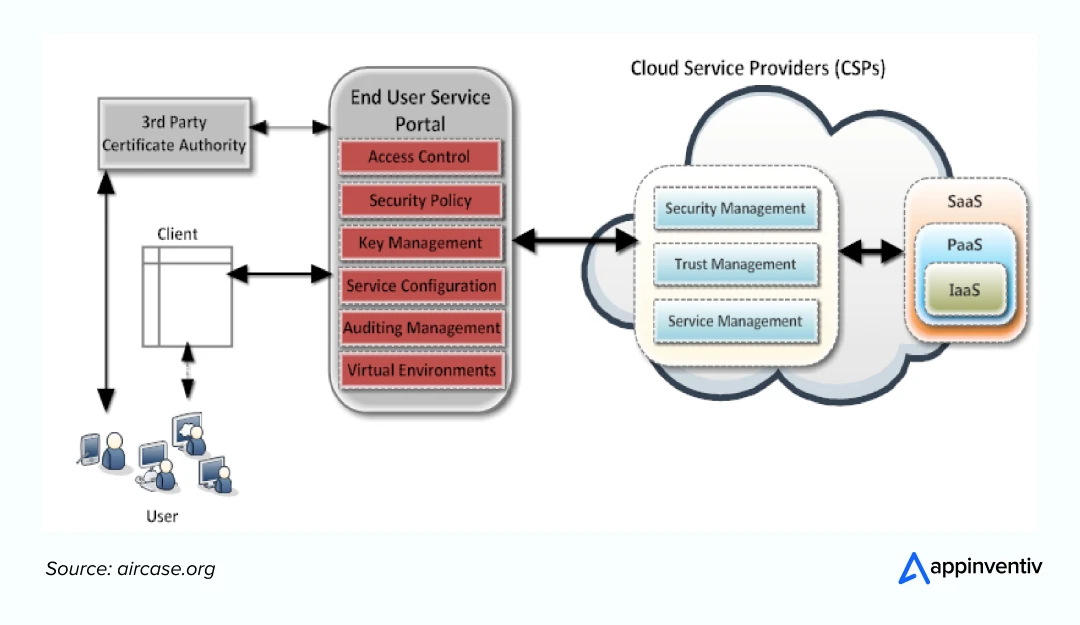
- Regulatory Compliance: Cloud providers often comply with industry-specific regulations and standards, such as GDPR and ISO/IEC 27001. They offer tools and features that help oil and gas companies meet compliance requirements, such as audit logs, data sovereignty controls, and regular security assessments.
Optimized Resource Management and Cost Control
Efficient resource management and cost control are crucial for maximizing profitability in the oil and gas industry. Cloud computing provides advanced tools for achieving these goals:
- Dynamic Resource Allocation: Cloud platforms allow for the dynamic allocation of computing resources based on demand. This means that resources can be scaled up or down automatically in response to workload changes, optimizing operational costs and resource utilization.
- Cost Management Tools: Cloud computing in the oil and gas industry offers detailed cost management and monitoring tools that provide insights into resource usage and spending. This helps companies track expenses, identify cost-saving opportunities, and manage budgets more effectively.
- Pay-As-You-Go Pricing: The cloud’s pay-as-you-go pricing model allows companies to pay only for the resources they use. This reduces the need for large upfront investments in hardware and infrastructure, aligning costs with actual usage and operational needs.
Integration with Emerging Technologies
The cloud facilitates the integration of emerging technologies that drive innovation in the oil and gas sector:
- Internet of Things (IoT): Cloud platforms support the integration of IoT devices, which are increasingly used in monitoring equipment, environmental conditions, and operational parameters. The cloud provides the infrastructure needed to handle the data generated by these devices and enables real-time monitoring and control.
- Artificial Intelligence (AI) and Machine Learning (ML): Cloud computing in oil and gas enables the deployment of artificial intelligence and machine learning models for various applications, including automated decision-making, anomaly detection, and process optimization. These technologies enhance operational efficiency and enable more informed decision-making.
- Blockchain Technology: The cloud supports the use of blockchain technology for secure and transparent data management. Blockchain can be used for tracking supply chains, verifying transactions, and ensuring the integrity of data.
Top Use Cases of Cloud Computing in Oil and Gas Industry
Let’s examine how cloud computing technology enables the oil and gas industry to elevate operations, boost productivity, and drive innovation across various sectors.
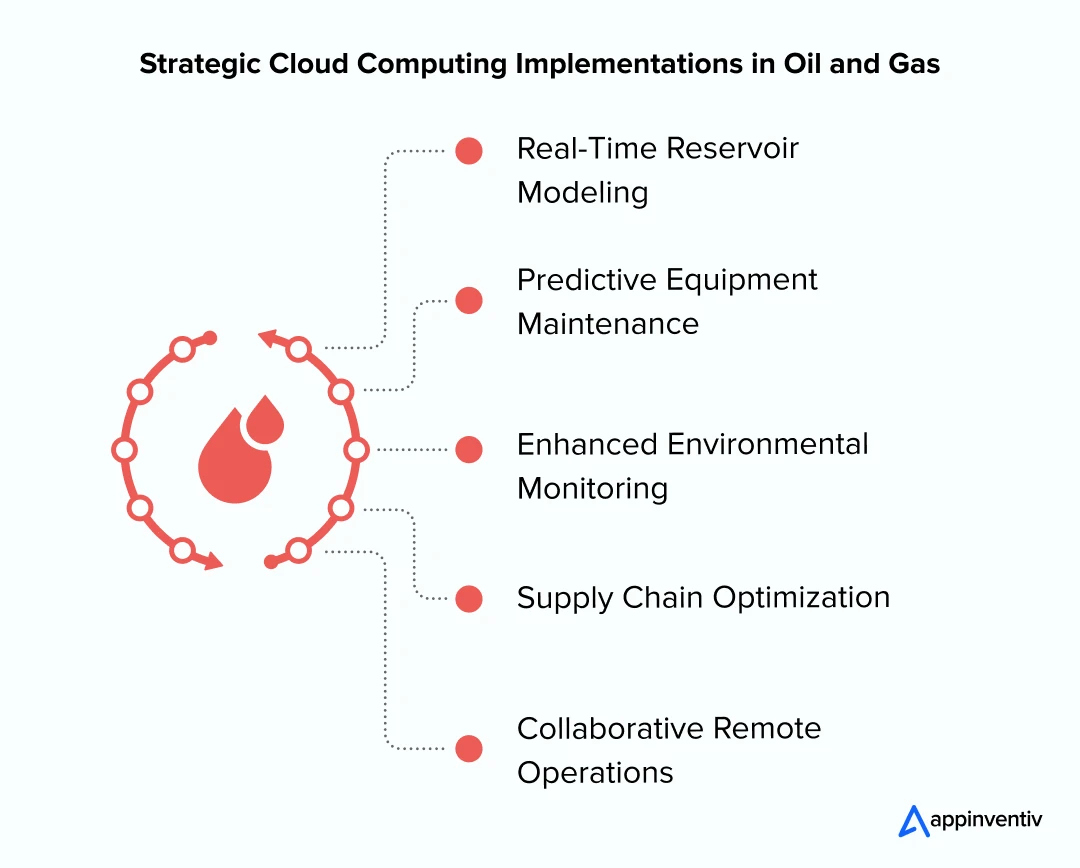
Real-Time Reservoir Modeling
Cloud computing enables the integration and analysis of vast amounts of geological and seismic data to create real-time reservoir models. This allows geoscientists to simulate different extraction scenarios, optimize drilling strategies, and enhance oil recovery rates with greater accuracy.
Predictive Equipment Maintenance
By leveraging cloud-based IoT and big data analytics, oil and gas companies can monitor the health of drilling rigs, pipelines, and other critical infrastructure. Predictive maintenance algorithms can analyze equipment data to forecast potential failures, significantly reducing downtime and maintenance costs, thereby providing a sense of security and confidence in the operations.
Enhanced Environmental Monitoring
Cloud computing facilitates the deployment of advanced environmental monitoring systems that track emissions, water usage, and other environmental factors in real-time. This helps companies comply with regulations, reduce their carbon footprint, and mitigate environmental risks.
Supply Chain Optimization
Cloud platforms can integrate data from various supply chain sources, such as suppliers, manufacturers, and logistics providers, to optimize the procurement and distribution of materials. This results in reduced costs, improved inventory management, and more efficient operations across the supply chain, making the audience feel more productive and effective in their roles.
Collaborative Remote Operations
Cloud computing in the oil and gas industry allows for seamless collaboration between remote teams and on-site engineers in oil and gas operations. Using cloud-based platforms, teams can share real-time data, video feeds, and project updates, enabling experts from different locations to make informed decisions quickly. This enhances operational efficiency, especially in remote or offshore locations, by reducing the need for on-site presence and accelerating decision-making processes.
Real Examples of Oil and Gas Companies Leveraging Cloud Computing in Their Operations
In recent years, leading oil and gas companies like Shell and other industry giants have been increasingly leveraging cloud computing to drive innovation and efficiency. The use of cloud computing in the oil and gas industry has become essential for optimizing operations, enhancing data analysis, and reducing costs. By adopting cloud solutions for oil and gas, they are setting new standards for operational excellence and sustainability in the sector.
Shell’s Digital Transformation with Cloud
Shell has been heavily investing in cloud computing as part of its digital transformation strategy. The company uses cloud platforms to integrate and analyze data from multiple sources, driving efficiencies in upstream and downstream operations.
Shell’s partnership with Microsoft Azure, for instance, allows for advanced data analytics and real-time monitoring of their global operations, enabling faster responses to market changes and operational challenges.
ExxonMobil’s Use of Cloud for Seismic Data Processing
ExxonMobil has turned to cloud computing to manage and analyze massive amounts of seismic data. By leveraging cloud platforms, the company can process and interpret seismic data faster, leading to more accurate exploration and drilling decisions. This move not only reduces costs but also shortens the time to market for new oil fields.
Navigating Challenges and Solutions in Cloud Computing for Oil and Gas
When businesses in the oil and gas industry consider adopting cloud computing technology, several crucial factors come into play. These considerations are essential for ensuring a seamless and responsible transition, maximizing the benefits of cloud solutions while maintaining operational integrity.
Key challenges of cloud computing in oil and gas include data security, compliance, and the integration with existing legacy systems. Addressing these challenges effectively can help optimize the impact of cloud computing in the oil and gas business.
Challenge 1: Data Security Risks
Oil and gas companies adopting cloud computing face significant challenges related to data security. The transition to cloud-based solutions introduces vulnerabilities that can expose sensitive operational data to cyber threats, leading to potential breaches and unauthorized access.
Solution:
Companies should implement robust security measures to mitigate these risks, including encryption, multi-factor authentication, and regular security audits. Partnering with cloud service providers that offer advanced security features and compliance with industry regulations is crucial for safeguarding data.
Challenge 2: Data Integration Complexities
Integrating cloud computing with existing on-premises systems and other technologies can be complex. Oil and gas companies often operate with legacy systems, and seamless integration with the cloud may present technical challenges.
Solution:
Companies should consider hybrid cloud solutions that allow for a gradual transition. Engaging with cloud providers that offer specialized integration services can help in aligning cloud solutions with existing infrastructure, ensuring a smoother transition.
Challenge 3: Real-Time Data Processing in Remote Locations
The oil and gas industry often operates in remote and harsh environments where connectivity is limited. Cloud computing requires reliable internet connections for real-time data processing, which can be difficult to achieve in these locations.
Solution:
To address this challenge, companies can implement edge computing solutions that process data locally at remote sites before syncing with the cloud. This approach reduces latency and ensures continuous operations even in areas with poor connectivity.
Challenge 4: Managing Complex Geospatial Data
Oil and gas operations generate vast amounts of complex geospatial data, including seismic data, drilling maps, and reservoir simulations. Moving and processing this data in the cloud can be a significant challenge due to its size and complexity.
Solution:
Businesses should leverage cloud platforms that offer specialized services for geospatial data management. These services include optimized data storage, high-performance computing capabilities, and tools specifically designed for handling large-scale geospatial datasets.
Challenge 5: Ensuring Data Sovereignty in Multiple Jurisdictions
The oil and gas industry operates globally, with data generated across multiple jurisdictions. Ensuring data sovereignty—where data is stored and processed according to the laws of each jurisdiction—can be challenging when using cloud services that may not have data centers in every region.
Solution:
Companies should work with cloud providers that offer regional data centers and provide clear data sovereignty assurances. Deploying cloud services in specific regions where operations occur ensures compliance with local data protection laws and minimizes legal risks.
Future Trends and Emerging Tech in Cloud Computing for Oil and Gas
The impacts of cloud technology in oil and gas are profound, driving efficiency, better decision-making, and enhanced safety. Emerging cloud computing industry trends, such as edge computing and AI integration, promise to further transform and reshape the sector’s future. Let’s explore!
Advanced Analytics and AI Integration
Advanced Analytics and AI Integration will lead to more precise predictive analytics and real-time data analysis, enhancing equipment maintenance and operational efficiency. With AI-driven insights, oil and gas companies can anticipate equipment failures before they occur and optimize their operations for better performance.
Edge Computing
Edge Computing will enable decentralized data processing, reducing latency and bandwidth usage by handling data closer to the source. This technology will improve the performance of cloud applications by allowing for more efficient data collection and analysis directly at the edge of the network, such as on drilling rigs and remote sensors.
Hybrid and Multi-Cloud Environments
Hybrid and Multi-Cloud Environments will offer flexible resource management and improved disaster recovery options by leveraging the strengths of various cloud providers. This approach will allow oil and gas companies to utilize a combination of private and public clouds, optimizing their operations while maintaining control over sensitive data.
Blockchain
Blockchain will enhance data security and integrity, providing secure transactions and increased transparency in supply chain management. By implementing blockchain technology, oil and gas companies can ensure that data exchanges are tamper-proof and that their supply chains are more traceable and transparent.
Quantum Computing
Quantum Computing will address complex simulations and optimization challenges with unprecedented efficiency. This technology will revolutionize exploration and drilling processes by solving problems that are currently beyond the reach of classical computing, and will advance data encryption methods for better security.
Maximize Your Oil Business Potential with Appinventiv’s Cloud Computing Solutions
Appinventiv provides holistic cloud consulting services that cater to the unique needs of the oil and gas industry. With a team of skilled professionals, we blend cutting-edge technology with a systematic development process to deliver scalable and secure cloud solutions.
Our approach ensures that every aspect of your business is optimized, from data management and storage to real-time analytics and decision-making. By focusing on seamless integration and continuous innovation, we help you harness the full power of cloud computing, driving efficiency, reducing costs, and unlocking new opportunities for growth.
Additionally, our expertise in oil and gas software development services allows us to provide solutions that address the unique challenges of the industry, ensuring your business stays ahead in a competitive landscape.
With over 9 years of experience, we have empowered countless businesses to seize new opportunities and overcome operational challenges, particularly through our advanced cloud computing solutions.
Our global clientele, featuring industry giants like Domino’s, Avatus, and IKEA, underscores our reputation as a trusted technology partner. Our recognition as the “Tech Company of the Year” at the Times Business Award 2023 reflects our unwavering commitment to innovation and delivering tailored, client-centric cloud solutions.
Having successfully completed over 3,000 software projects, and supported by a team of over 1,600 tech experts, we continue to set new benchmarks in app development and cloud computing excellence.
Reach out to us to unlock the transformative potential of cloud computing in your business and achieve exceptional results through cutting-edge innovation.
FAQs
Q. Why is cloud computing important for oil and gas businesses?
A. Oil and gas cloud solutions are vital for businesses because they offer scalable resources, cost savings, and enhanced flexibility. It allows companies to store, manage, and process data remotely, which leads to reduced hardware costs and improved collaboration. Additionally, cloud computing enables faster innovation, as businesses can quickly deploy new applications and services without the need for significant upfront investment.
Q. How is cloud computing used in the oil and gas industry?
A. In the oil and gas industry, cloud computing is used to optimize operations, enhance decision-making, and improve data management. It supports real-time data analysis, enabling better asset management and predictive maintenance.
Cloud solutions also facilitate collaboration across global teams, streamline supply chain operations, and provide the scalability needed to handle large volumes of seismic and geological data. This leads to more efficient exploration, production, and distribution processes in the industry.
Q. How does cloud computing enable digital transformation in the oil and gas industry?
A. Cloud computing in the oil and gas industry is a key driver of digital transformation, enabling the adoption of advanced technologies like AI, IoT, and big data analytics. It allows companies to analyze vast amounts of data in real-time, optimize drilling operations, and enhance supply chain efficiency. Cloud platforms also support remote monitoring and automation, leading to safer and more efficient operations.



Cloud Manufacturing Software - Benefits, Types, Development Process and Cost Analysis
Cloud computing is set to become a bigger part of the manufacturing industry's future as it continues to embrace digital transformation. With advancements in manufacturing software, cloud-based solutions are here to stay and only grow with time. The potential of ERP can be realized with the help of cloud manufacturing software, which eliminates the need…

Is a Cloud-Native Application Protection Platform (CNAPP) the Answer to Security Woes?
Cloud computing, at the back of its wide-ranged benefits spanning across scalability, high mobility, easy data recovery, high performance, and quick deployment, has come at a stage where the market is set to reach $676 billion in 2024. While on one side, the idea of having on-cloud presence is becoming mainstream, the other side -…
